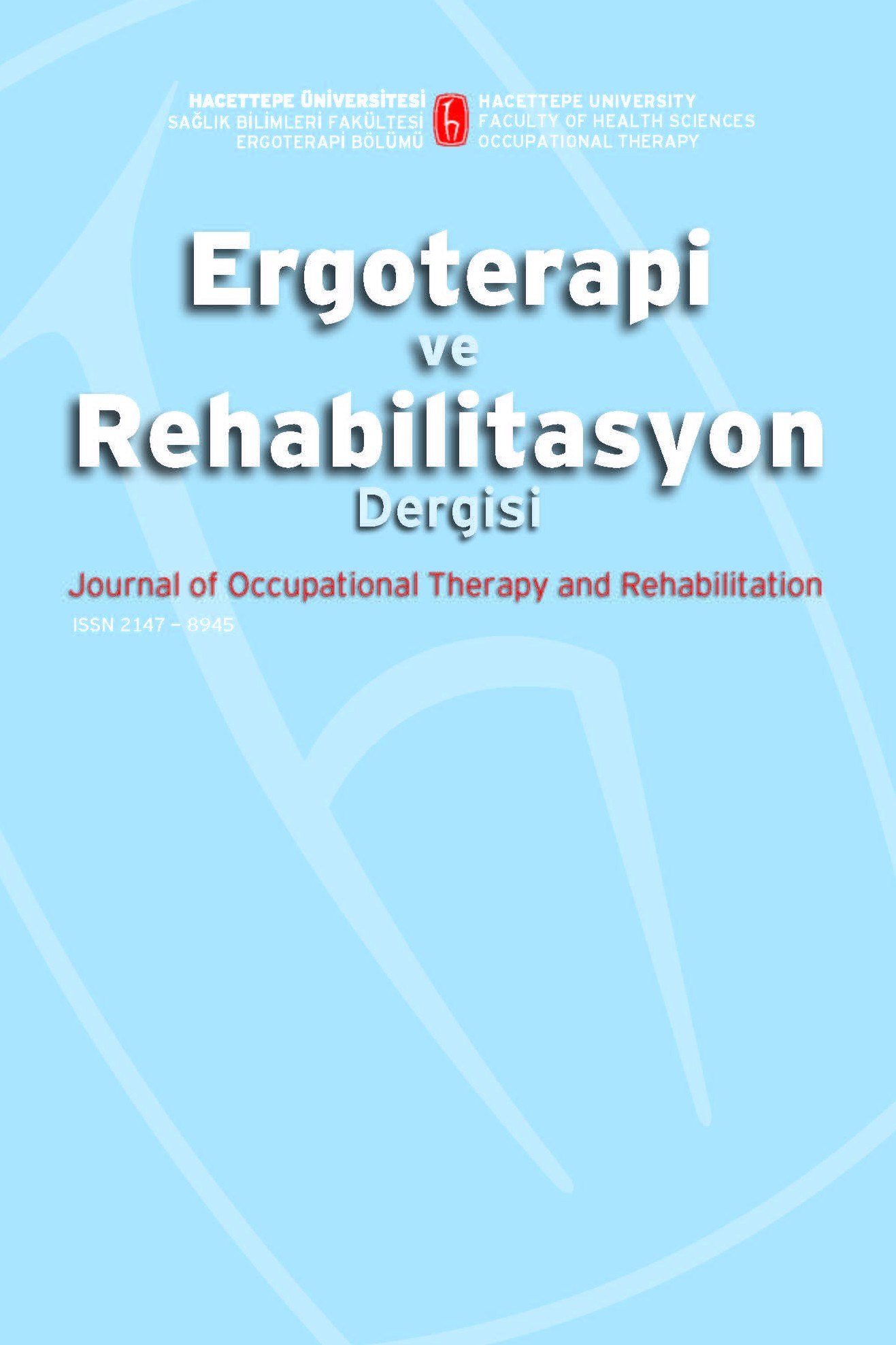Devlet, Üniversite ve Özel Hastanelerde Görevli Sağlık Personelinin Aıds ’e İlişkin Bilgi ve Tutumları (Karşılaştırmalı Bir Çalışma)
Amaç: Bu çalışmada devlet, üniversite ve özel hastanelerde görev yapan 300 sağlık personelinin AIDS’e ilişkin
bilgi ve tutumlarının karşılaştırılması amaçlandı. Gereç ve Yöntem: Bu amaç doğrultusunda, bireylere AIDS
Bilgi Anketi ve AIDS Tutum Ölçeği uygulandı. Devlet, üniversite ve özel hastanelerde görevli sağlık personelinin
AIDS’e ilişkin bilgi düzeylerini belirlemek için bu bölümden aldıkları puanlar tek yönlü varyans analizi ile karşı-
laştırıldı. AIDS’e ilişkin tutumlarını belirlemek için AIDS Tutum Ölçeği’nden aldıkları puanlar tek yönlü varyans
analizi ile karşılaştırıldı. Sonuçlar: Bulgular sonucunda devlet, özel ve üniversite sağlık personelinin AIDS’e
ilişkin bilgi düzeyleri arasında anlamlı bir fark bulunmadı (r>0,05). Her üç hastanede çalışan sağlık personelinin
HIV/AIDS ve AIDS’li kişilere yönelik tutumları açısından sadece AIDS’i önleme çabaları konusunda anlamlı bir
farka rastlandı (p<0,05). Tartışma: Özel hastane sağlık personelinin, devlet hastanesi sağlık personelinden
AIDS’i önleme çalışmaları konusunda daha duyarlı oldukları görüldü. Bu nedenle devlet hastanelerine AIDS’i
önleme konusundaki duyarlılığı artırmaya yönelik çalışma yapması önerilmektedir.
Anahtar Kelimeler:
AİDS, Sağlık çalışanları, Bilgi, Tutum
The Levels of Knowledge About AIDS and Attitudes Towards AIDS of Health Care Professionals Who Work for State, University and Private Hospitals (A Comparative Study)
Purpose: The aim of this study was to compare the levels of knowledge about AIDS and attitudes towards AIDS
of 300 health care professionals who work for state, university and private hospitals. Materials and Method:
For this purpose, AIDS Knowledge Questionnaire and Attitudes Towards AIDS Scale were applied to subjects.
The received scores from AIDS Knowledge Questionnaire were compared with one-way analysis of variance to
determine the levels of knowledge about AIDS of health care professionals who work for state, university and
private hospitals. The received scores from Attitudes Towards AIDS Scale were also compared with one-way
analysis of variance to determine the attitudes towards AIDS of health care professionals who work for each
of these three hospitals. Results: According to the results, there was no significant difference between health
care professionals who work for state, university and private hospitals in terms of the levels of AIDS knowledge
(r>0.05). In terms of attitudes towards AIDS of health personnel who works for each of these three hospitals,
there was a significant difference only in AIDS prevention efforts (p<0.05). Discussion: Health care professionals
who work for private hospital were found to be more susceptible to AIDS prevention work than state
hospital personnel. Therefore, it can be suggested that state hospitals make efforts to increase awareness
about AIDS prevention. The findings are discussed in accordance to references.
Keywords:
AIDS, Medical staff, Knowledge, Attitude,
- ISSN: 2147-8945
- Yayın Aralığı: 3
- Başlangıç: 2013
- Yayıncı: Hacettepe Üniversitesi Sağlık Bilimleri Fakültesi
Sayıdaki Diğer Makaleler
Asemptomatik Sedanter Bireylerde Koroner Kalp Hastalığı Riski ve Yaşam Kalitesi Arasındaki İlişki
